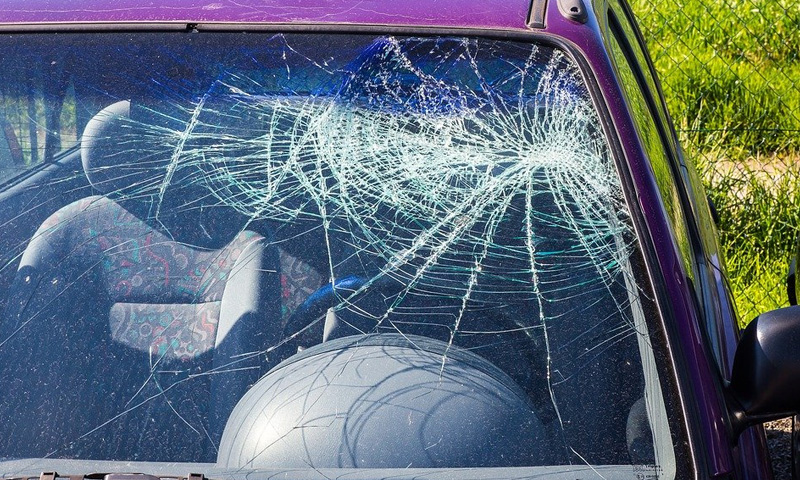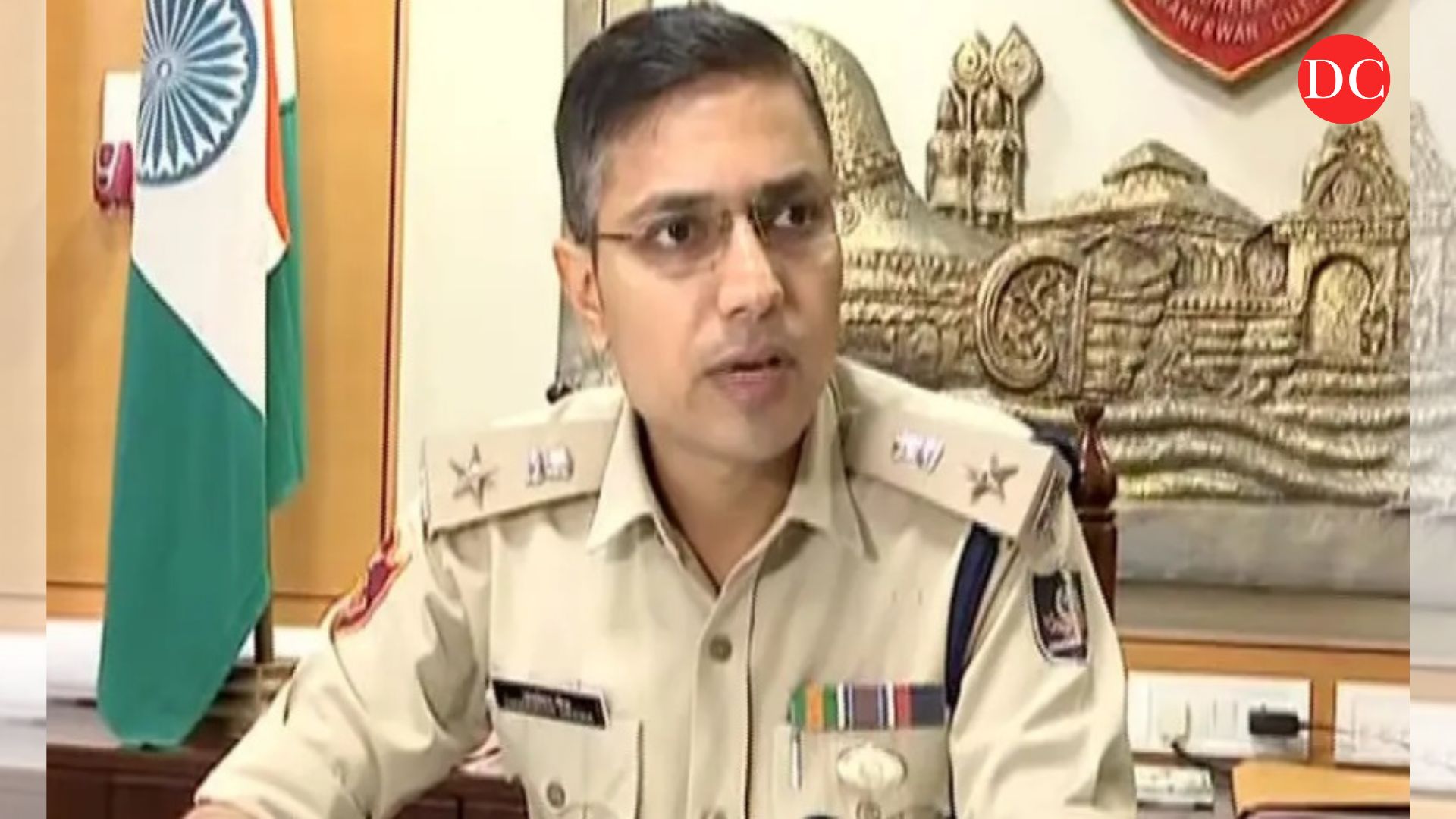
Explained | Should the age of consent be changed for adolescents?
The HinduThe story so far: On November 4, the Dharwad Bench of the Karnataka High Court, while dismissing a case filed under the Protection of Children from Sexual Offences Act, 2012, said the Law Commission of India would have to rethink the age criteria, to take into consideration the ground realities. Under the POCSO Act, 2012, and under several provisions of the IPC, whoever commits a penetrative sexual assault on a child — anyone below 18 years of age — can be “imprisoned for a term which is not less than seven years but which may extend to imprisonment for life, and shall also be liable to fine.” Even if the girl is 16 years old, she is considered a “child” under the POCSO Act and hence her consent does not matter, and any sexual intercourse is treated as rape, thus opening it up to stringent punishment. The study noted that in many cases, a couple elopes fearing opposition from parents resulting in a situation where families file a case with the police, who then book the boy for rape under the POCSO Act and abduction with the intent to marry under IPC or the Prohibition of Child Marriage Act, 2006. Sometimes, a High Court uses its powers under Section 482 of the Criminal Procedure Code “to prevent abuse of the process of any Court or otherwise to secure the ends of justice.” Even as activists are calling for a tweak to the POCSO Act, and raising awareness about its terms, a parliamentary committee is looking into the Prohibition of Child Marriage Bill, 2021 which seeks to increase the minimum age of marriage for women to 21 years.
History of this topic
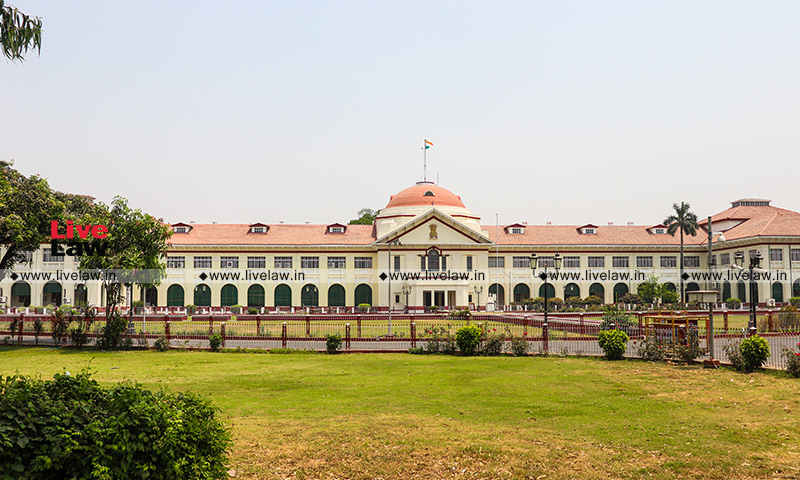
Conviction Under Wrong Provision Of POCSO Act: Patna High Court Orders Release Of Sexagenarian After 10 Years, Enhances Victim's Compensation
Live Law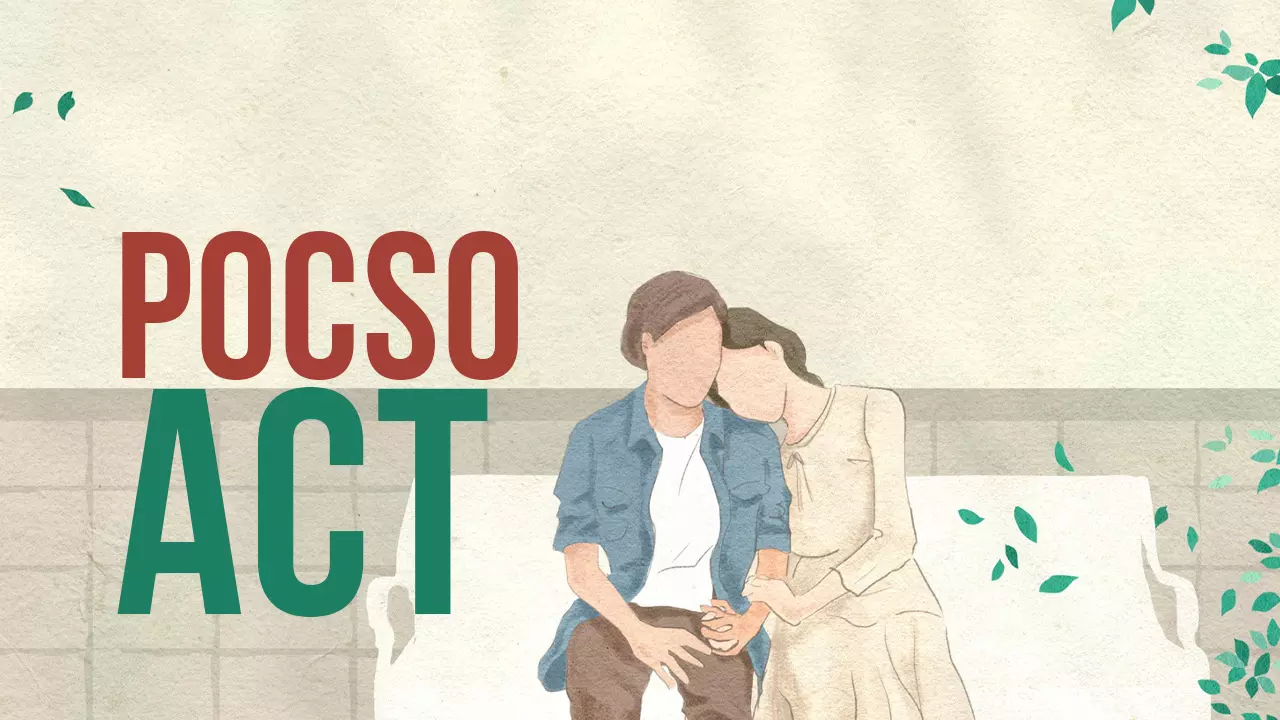
The Unintended Victims: How POCSO Affects Adolescents' Autonomy And Access To Health
Live Law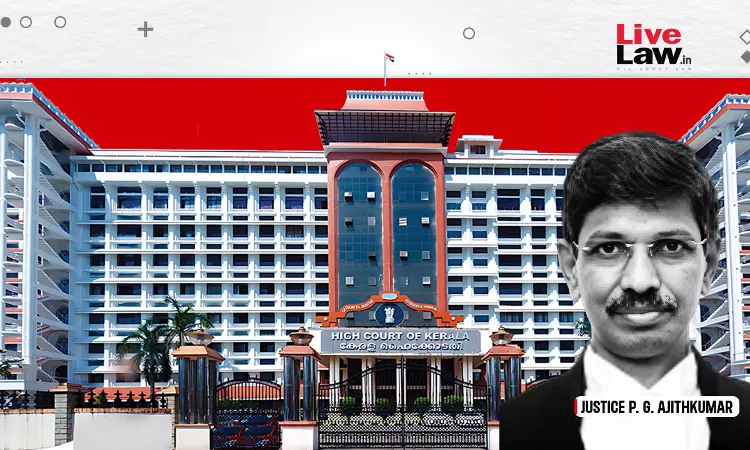
Any Person Regardless Of Gender & Age Can Be Accused Under POCSO Act: Kerala High Court Refuses To Quash Case Against Minor
Live Law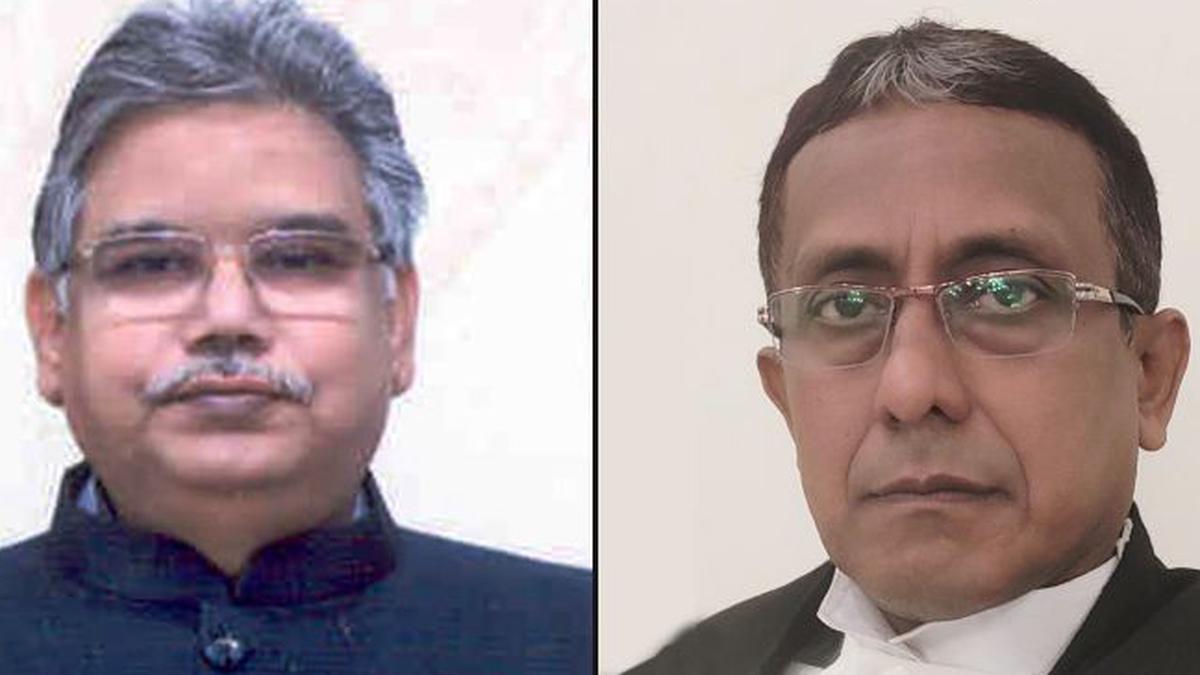
Calcutta High Court says every ‘female adolescent should control sexual urge’
The Hindu
No need to alter age of consent, says law panel
Hindustan Times
Law Commission against lowering age of consent under POCSO Act
The Hindu
Don’t reduce age of consent in Pocso to 16, Law Commission tells govt
Hindustan Times
Man gets 10-year jail term for sexually assaulting girl
Hindustan Times)
Man allegedly raped wife's minor sister, then claimed he married her too. Delhi HC acquits citing Muslim law
Firstpost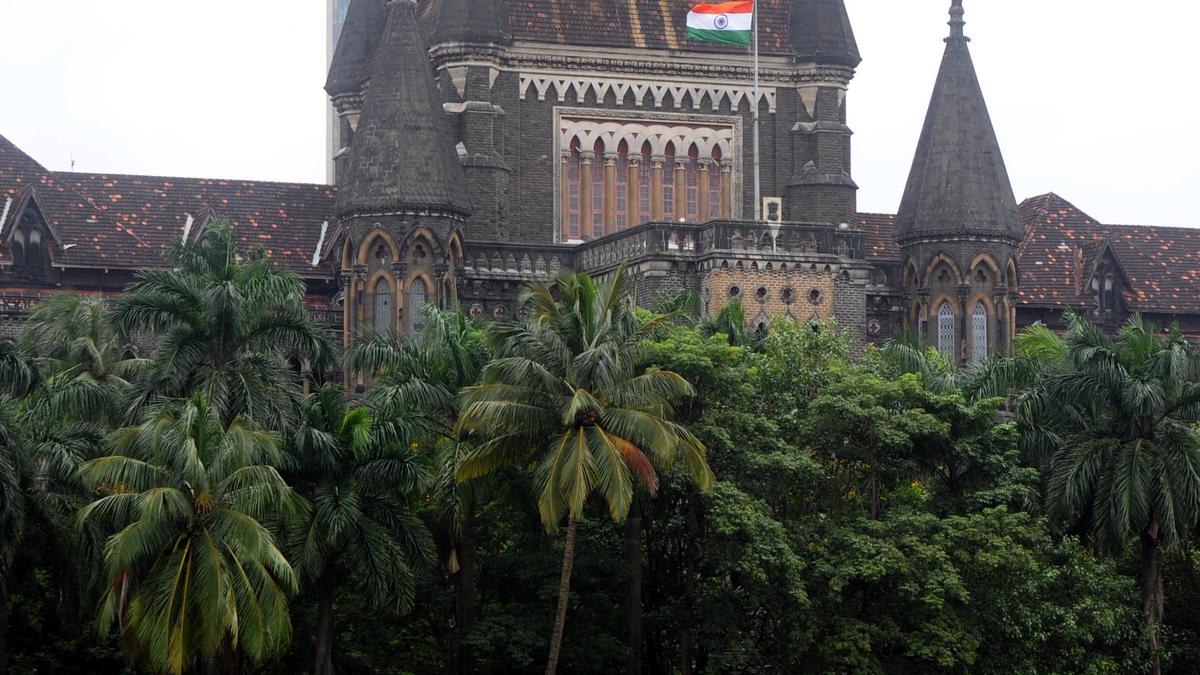
Should the age of consent for sex be revised?
The Hindu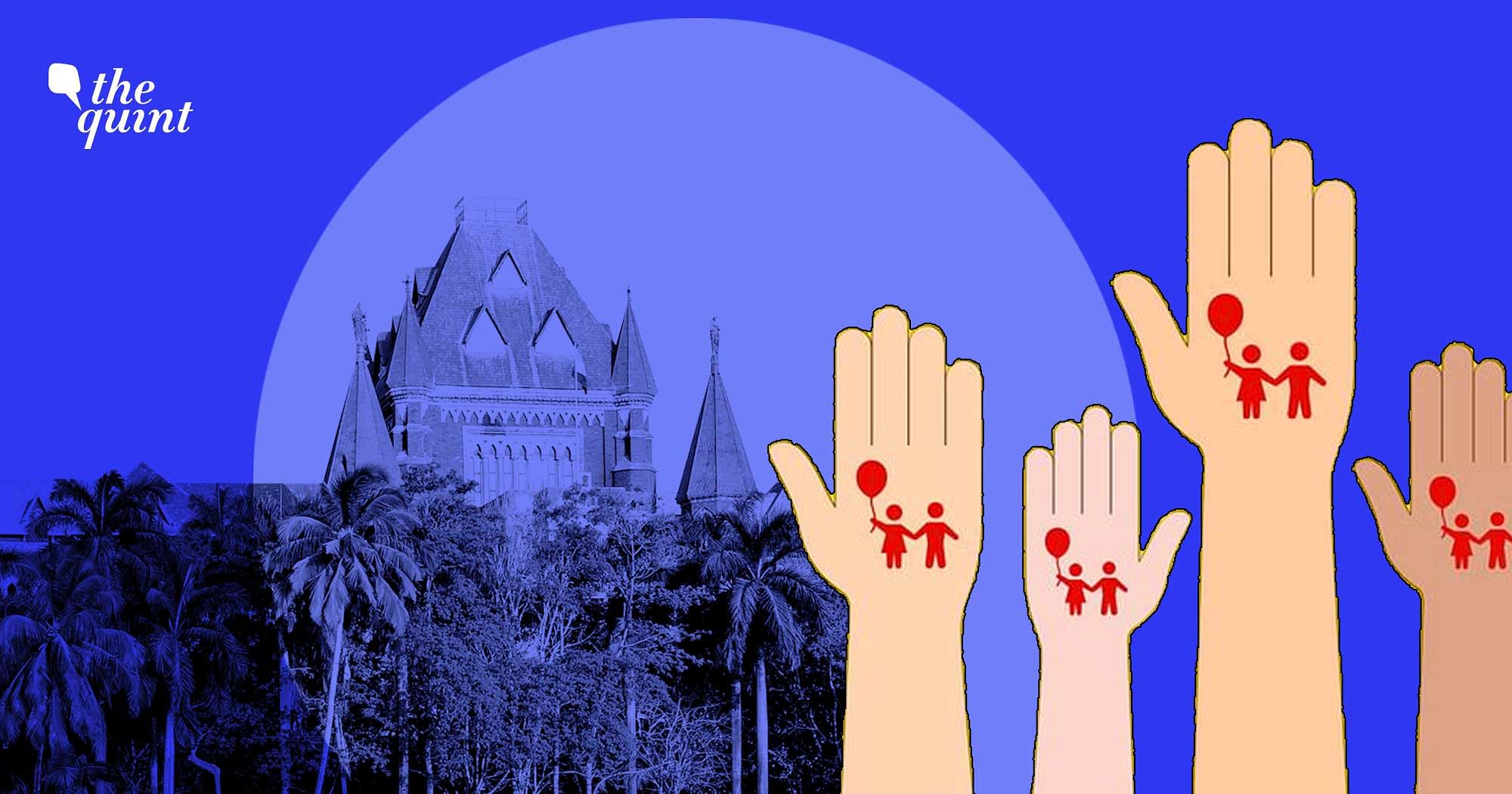
Bombay HC Sets Aside POCSO Conviction: Why Should We Rethink Age of Consent?
The Quint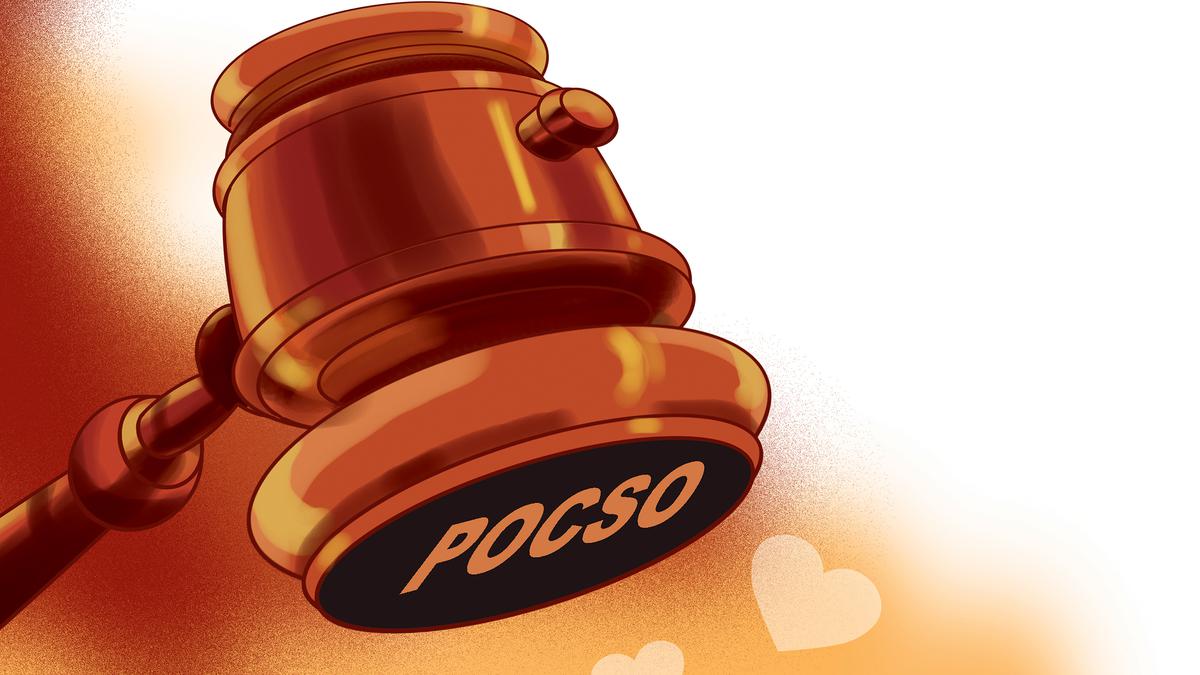
Child, law, and consensual sex
The Hindu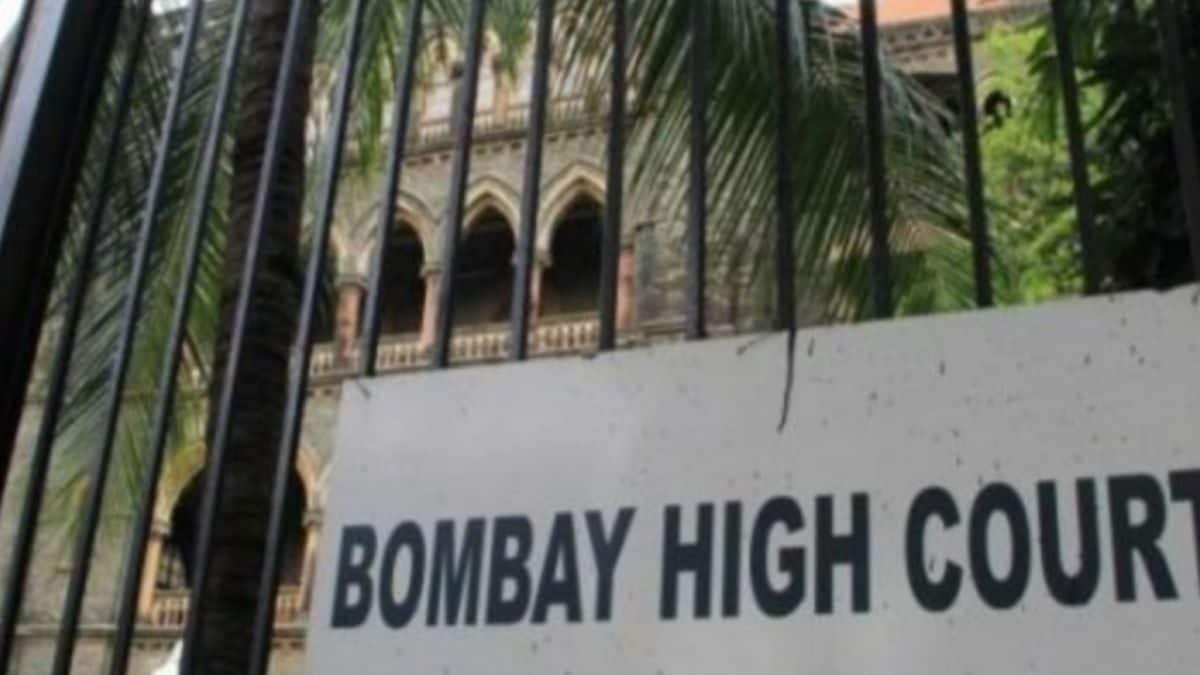
High Time Our Country, Parliament Take Note Of Happenings Across Globe: Bombay HC On Sexual Relationship Consent Age For Adolescents
News 18)
Early puberty due to social media & Internet, MP HC urges Centre to reduce age of consent to 16 yrs from 18 in rape case
Firstpost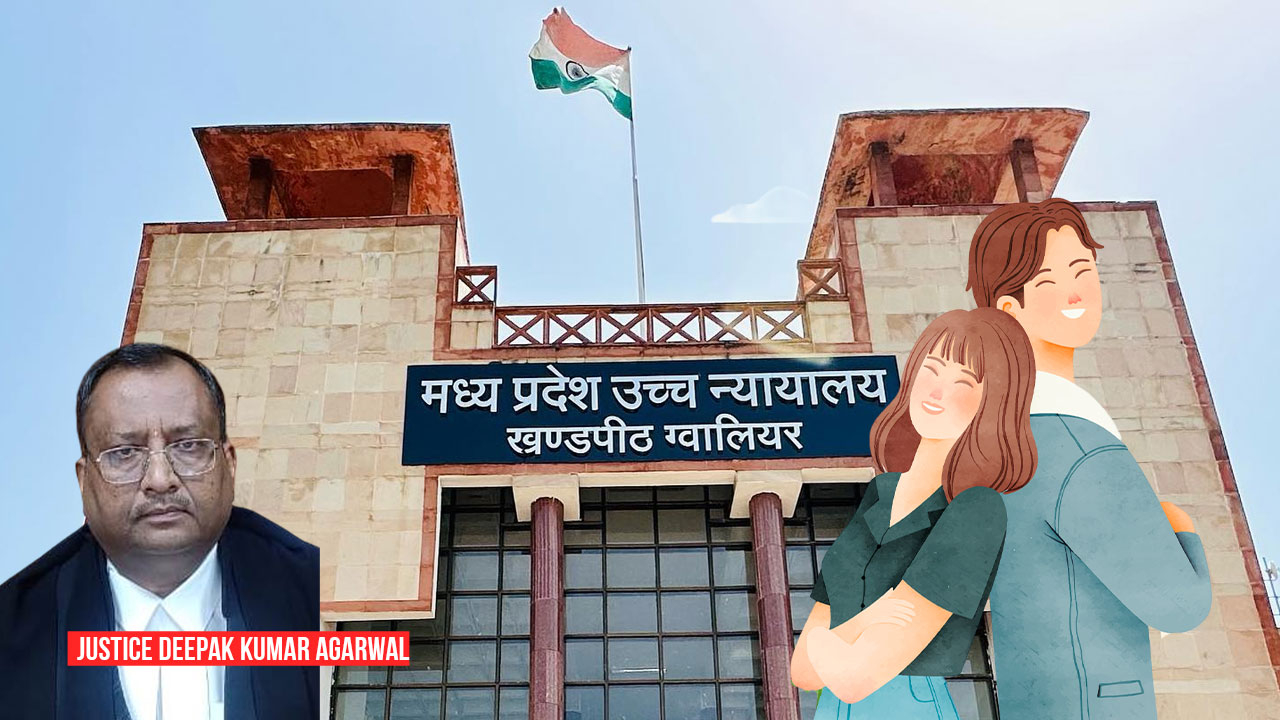
S. 375 IPC| '2013 Amendment Increasing Consent Age To 18 Years Has Disturbed Society's Fabric': MP HC Asks UOI To Consider Lowering It Back To 16
Live Law
POCSO and the persecution of young love
The Hindu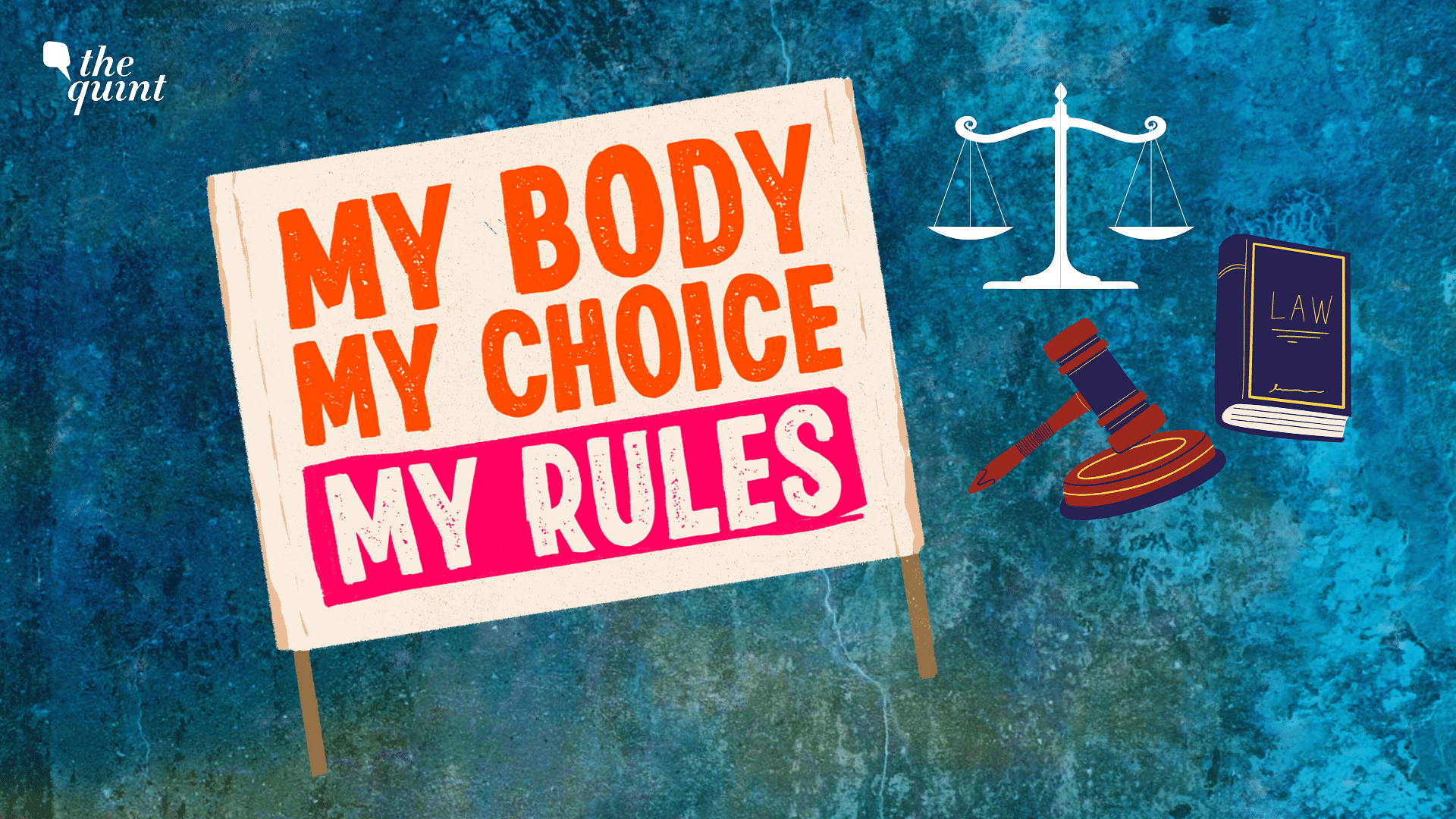
Abortion Is Legal But How Many Indians Can Really Access It? This Report Answers
The Quint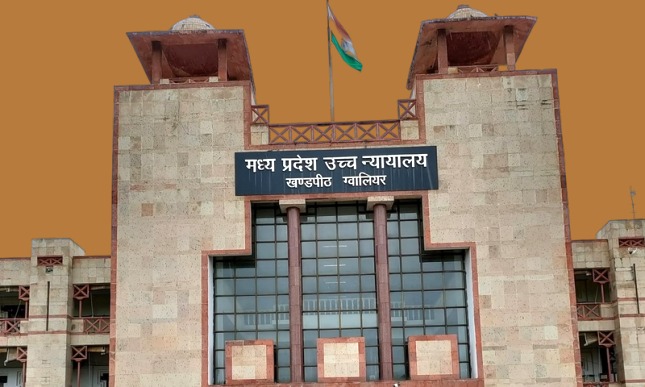
MP High Court Urges Law Commission To Suggest Amendments To POCSO Act Permitting Correctional Measures Instead Of Jail Term If Victim & Accused Marry
Live Law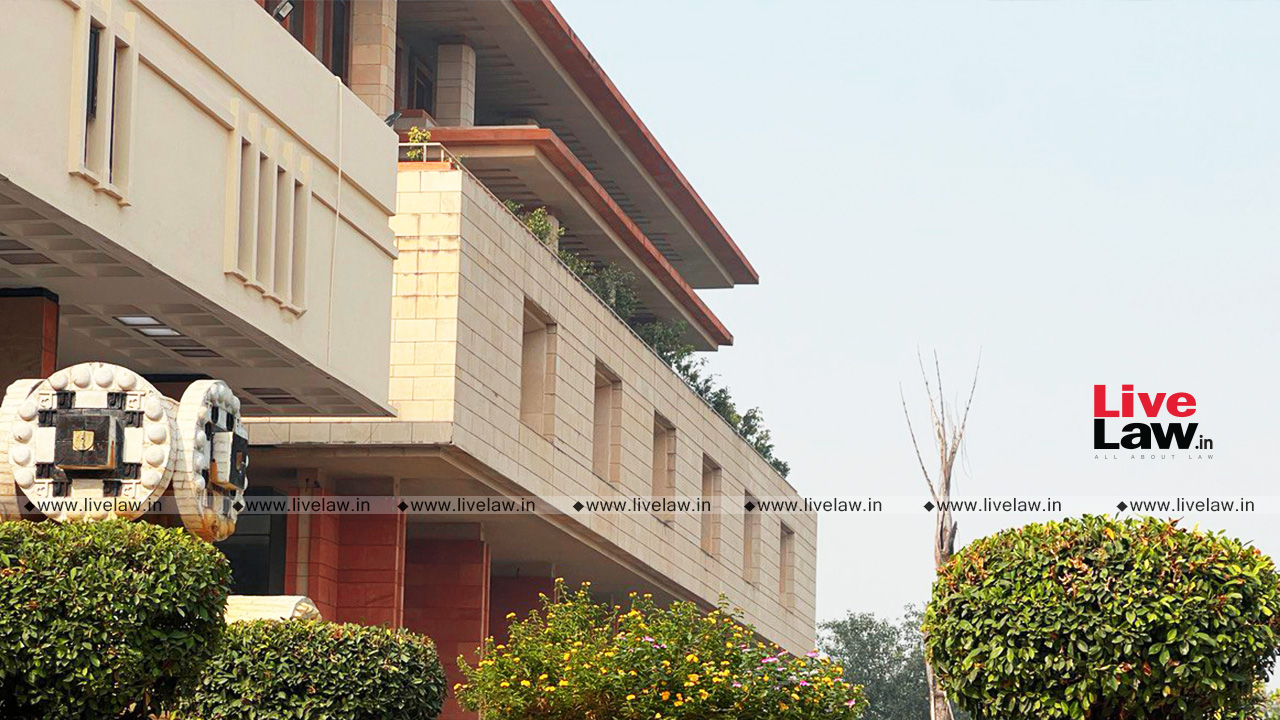
Can't Presume Class XII Student Is Minor, Highly Preposterous: Delhi High Court Questions Police Over Addition Of POCSO Charge In Rape Case
Live Law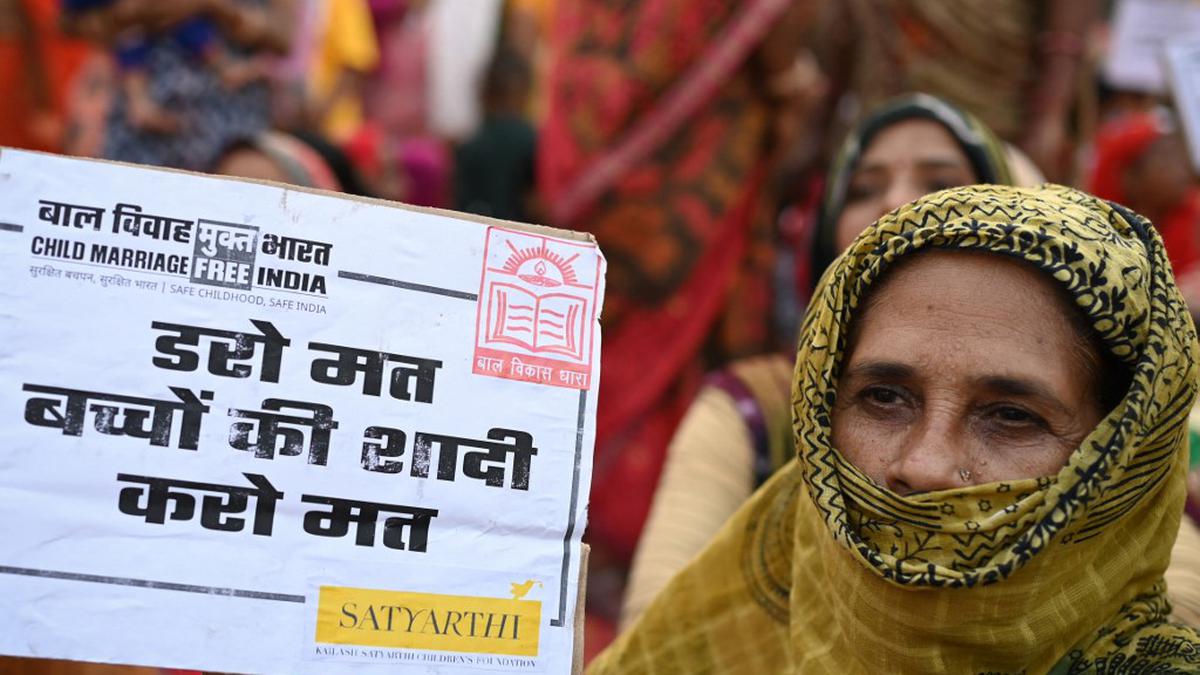
Explained | Why is the Supreme Court examining marriage laws for minors?
The Hindu
Men marrying girls aged below 14 years in Assam to be booked under POCSO Act: Himanta
Deccan Chronicle
Deformity Relating To Age Of Child Under POCSO Act
Live Law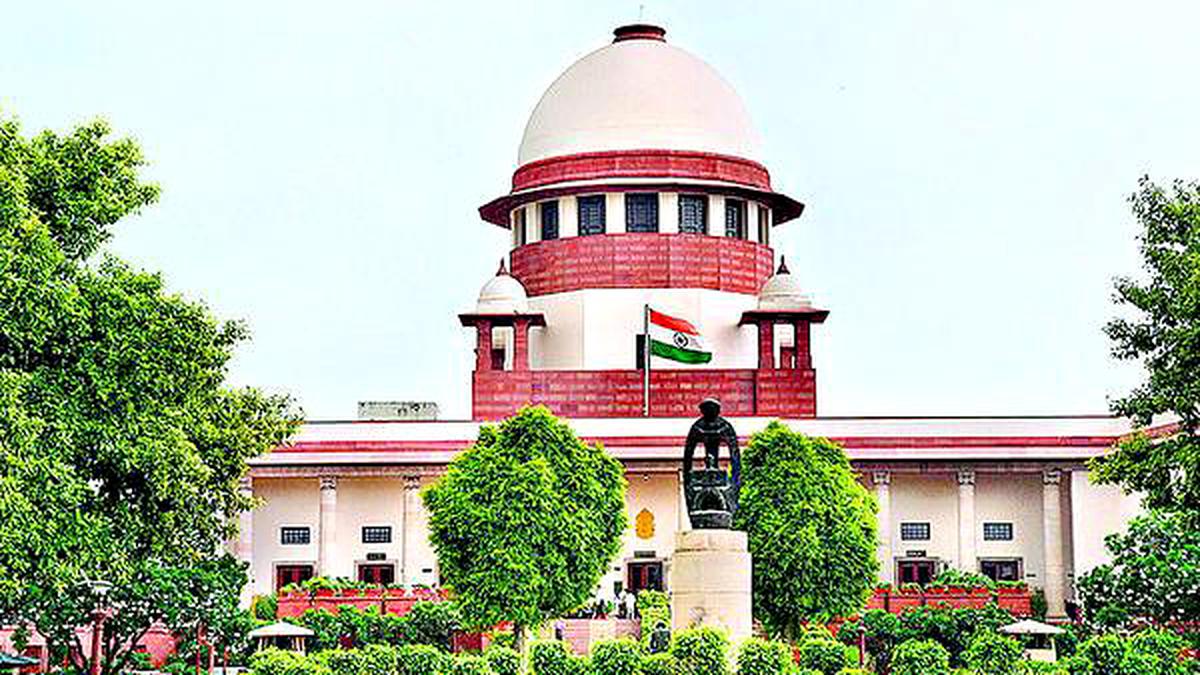
Supreme Court to examine whether girls aged 15 can be married off under Muslim personal law when statutes make it an offence
The Hindu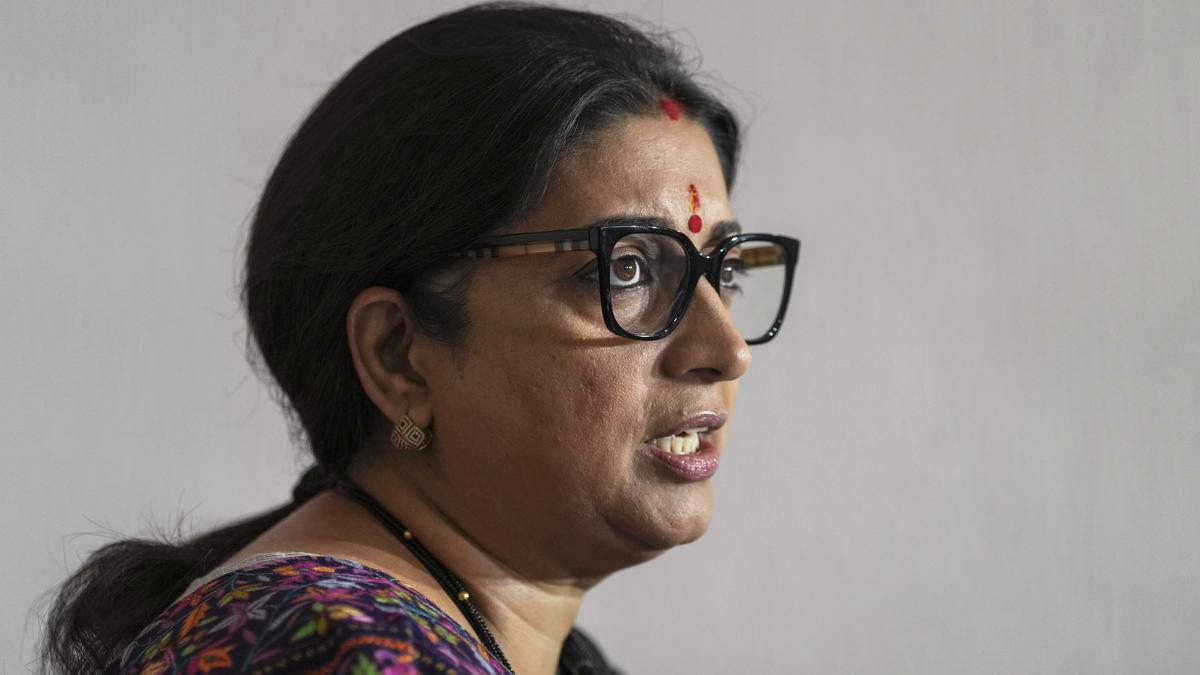
No plan to revise age of consent, Centre tells Rajya Sabha
The Hindu
On Pocso cases, CJI has a point
Hindustan Times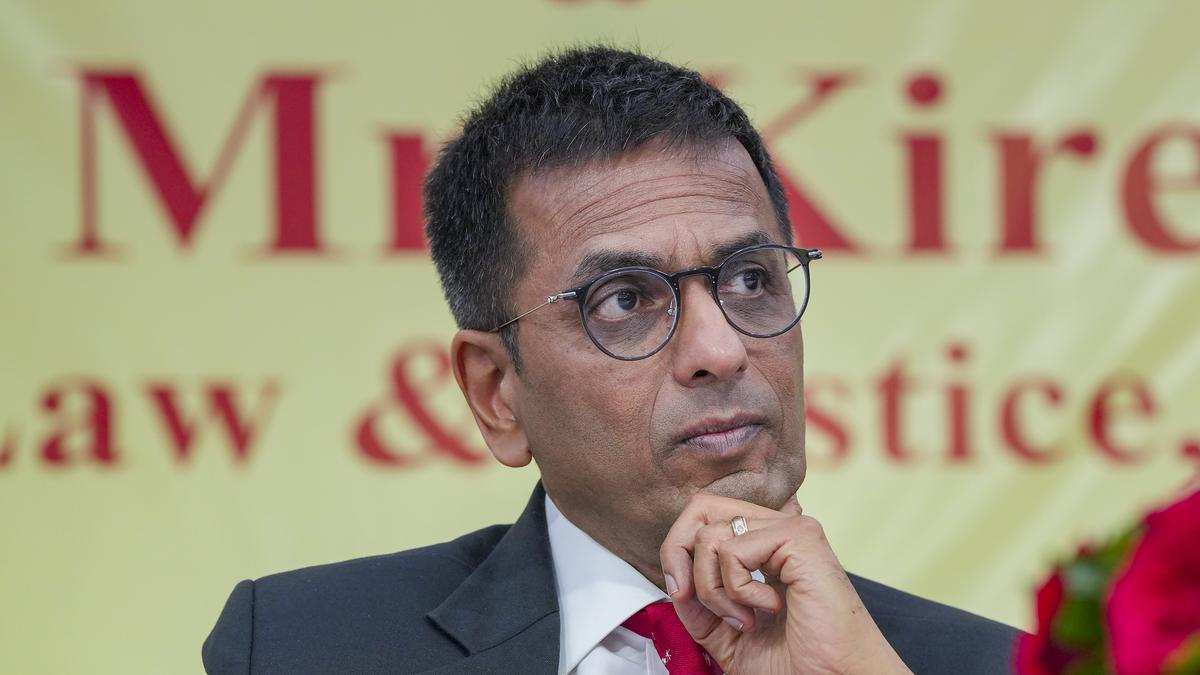
Parliament must examine age of consent issue, says Chief Justice of India
The Hindu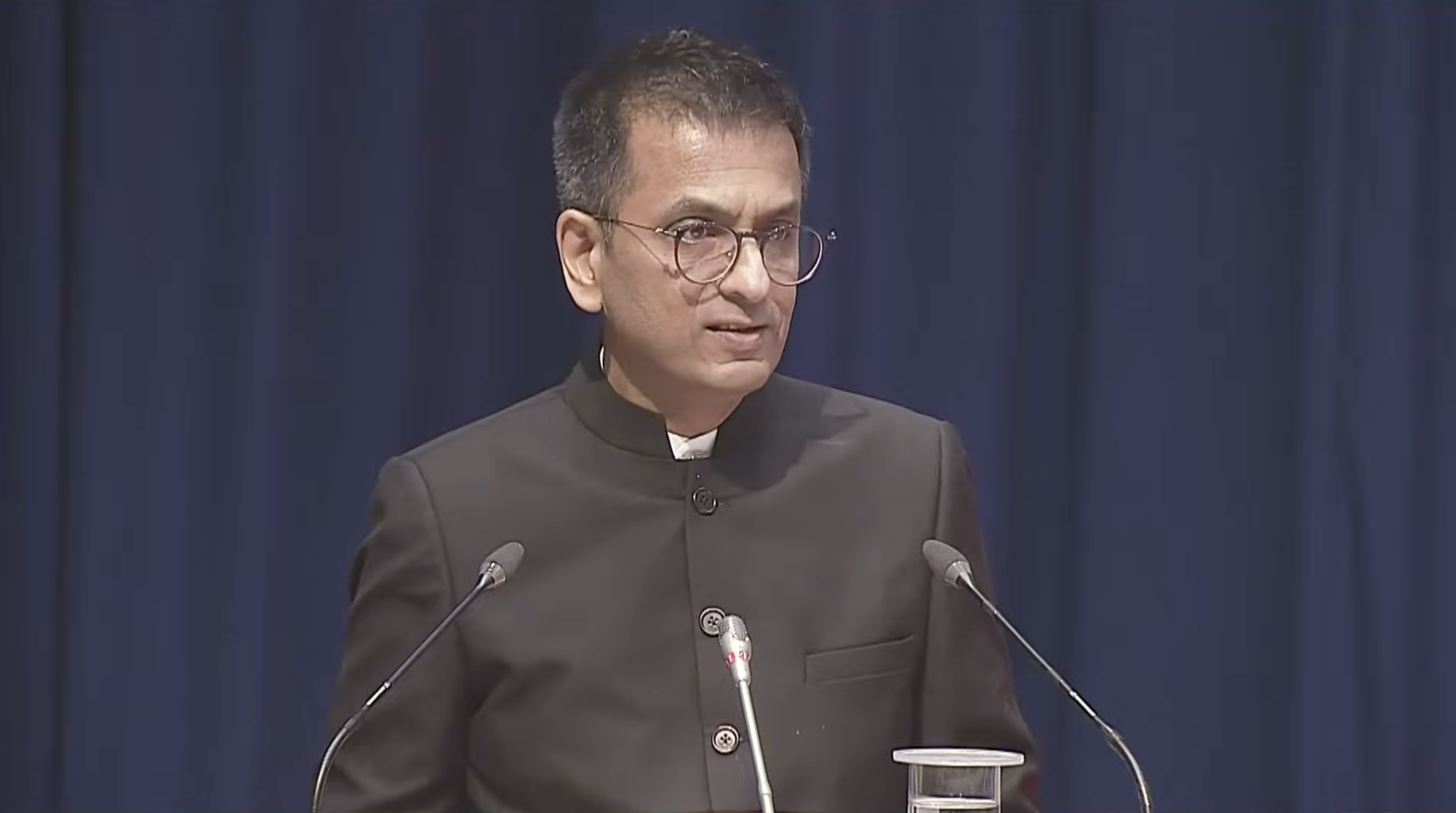
POCSO| Judges Must Remember That Children May Use Different Vocabulary For Sex Abuse : CJI DY Chandrachud
Live Law
CJI Chandrachud urges Parliament to examine age of consent issue under Pocso Act
India Today
POCSO Act can be invoked in case of marriage with a minor girl under Islamic law: HC
The Hindu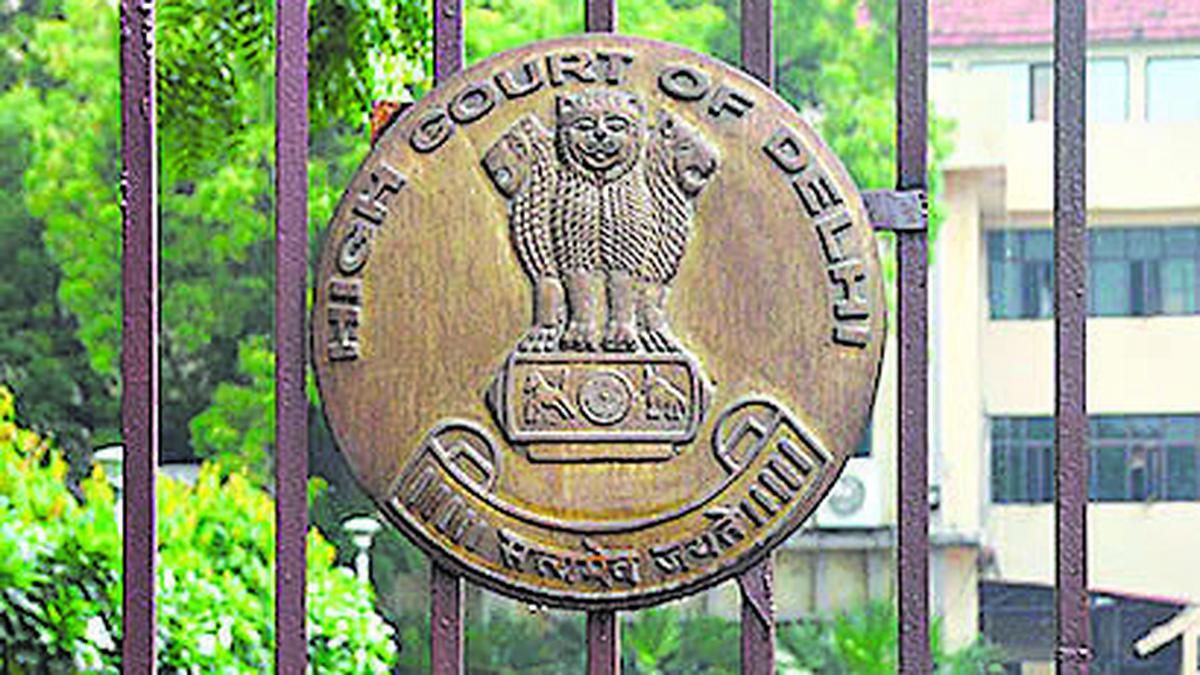
POCSO is not meant to criminalise consensual relationships: Delhi High Court
The Hindu
Considering consent: The Hindu Editorial on POCSO Act and the age of consent
The Hindu
HC says Law Commission needs to rethink age criteria for consensual sex
The Hindu
Age of consent needs a careful deliberation
Hindustan Times
POCSO Act overrides personal laws on age for sexual activities: HC
The Hindu
POCSO and IPC prevail over personal laws: Karnataka High Court
Deccan Chronicle
Muslim girls above 15 years can marry, it would not violate the Prohibition of Child Marriage Act: Punjab and Haryana HC cite Sharia law
Op India![[POCSO Act] Child Sexual Abuse Increasing Alarmingly, Courts Must Imbibe Legislative Wisdom: Delhi High Court](https://www.livelaw.in/h-upload/2021/06/15/395037-justice-siddharth-mridul-justice-anup-jairam-bhambhani-and-delhi-hc.jpg)
[POCSO Act] Child Sexual Abuse Increasing Alarmingly, Courts Must Imbibe Legislative Wisdom: Delhi High Court
Live Law)
NCPCR challenges marriage of minor girls in Sharia as ‘sexual assault’; Supreme Court ready to examine
Firstpost
The persecution of consent
The Hindu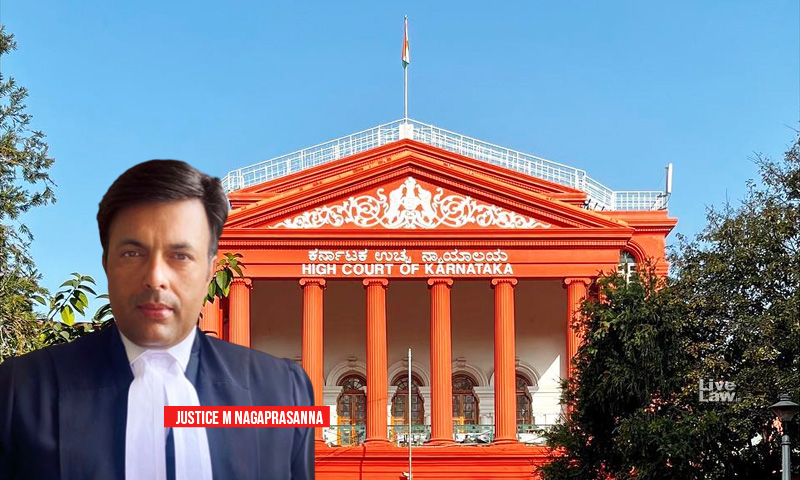
POCSO Case Against Minor Can Be Quashed On Parties Arriving At Mutual Settlement: Karnataka High Court
Live Law
Changing the age of consent
The Hindu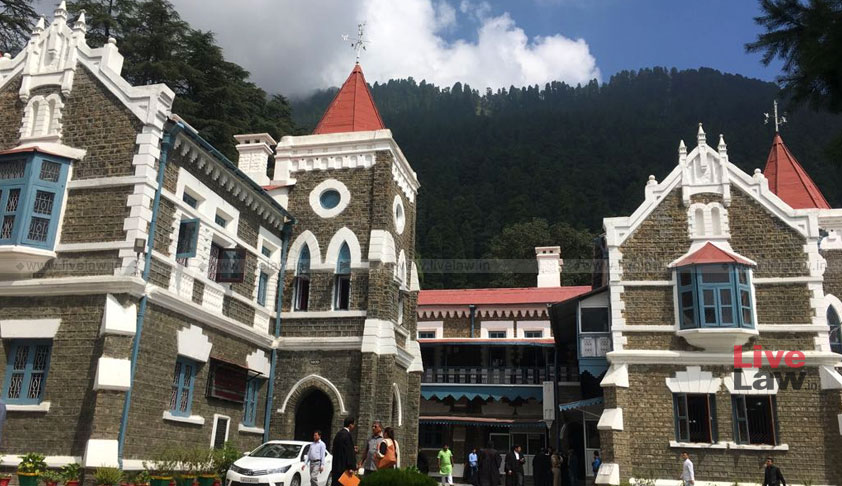
PIL Against Permissibility Of Marriage Of Girls Below 18 Yrs Of Age Under Muslim Law: Uttarakhand HC Issues Notice
Live Law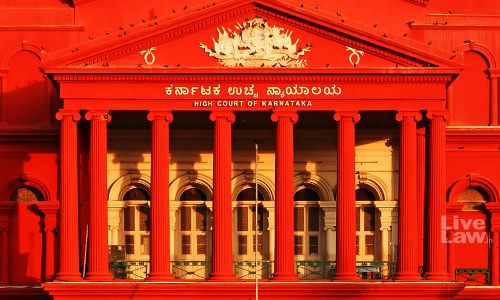
Can POCSO Case Against Minor Be Quashed On Parties Arriving At A Mutual Settlement? Karnataka High Court To Consider
Live Law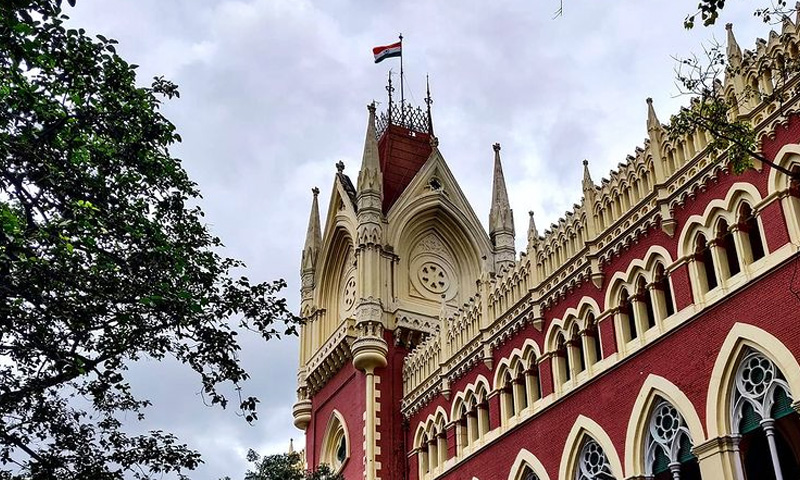
'Consent Was Immaterial': Calcutta High Court Upholds Conviction Of Man For Raping Girl Aged Below 16 Yrs
Live Law
8-yr-old raped by 2 juveniles in Delhi's Shastri Park; accused booked under POCSO
India TodayOdisha child commission opposes raising legal age of marriage to 21
The Hindu
Sexual education a must to fight rape, say experts
Deccan Chronicle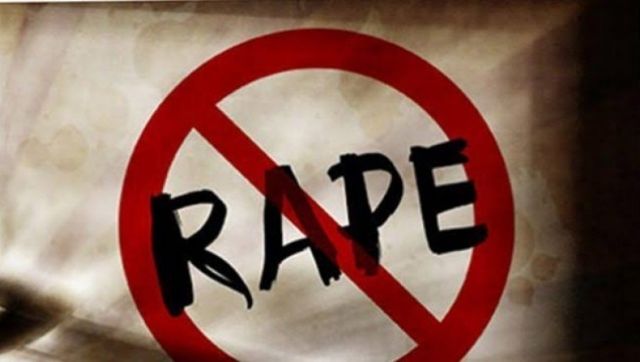)
No lowering of age limit to 16 from 18 for serious POCSO cases: What it means, challenges of preventing child sexual abuse
Firstpost
Boy, 12, booked in Noida for raping, impregnating 16-year-old sister
India TodayDiscover Related

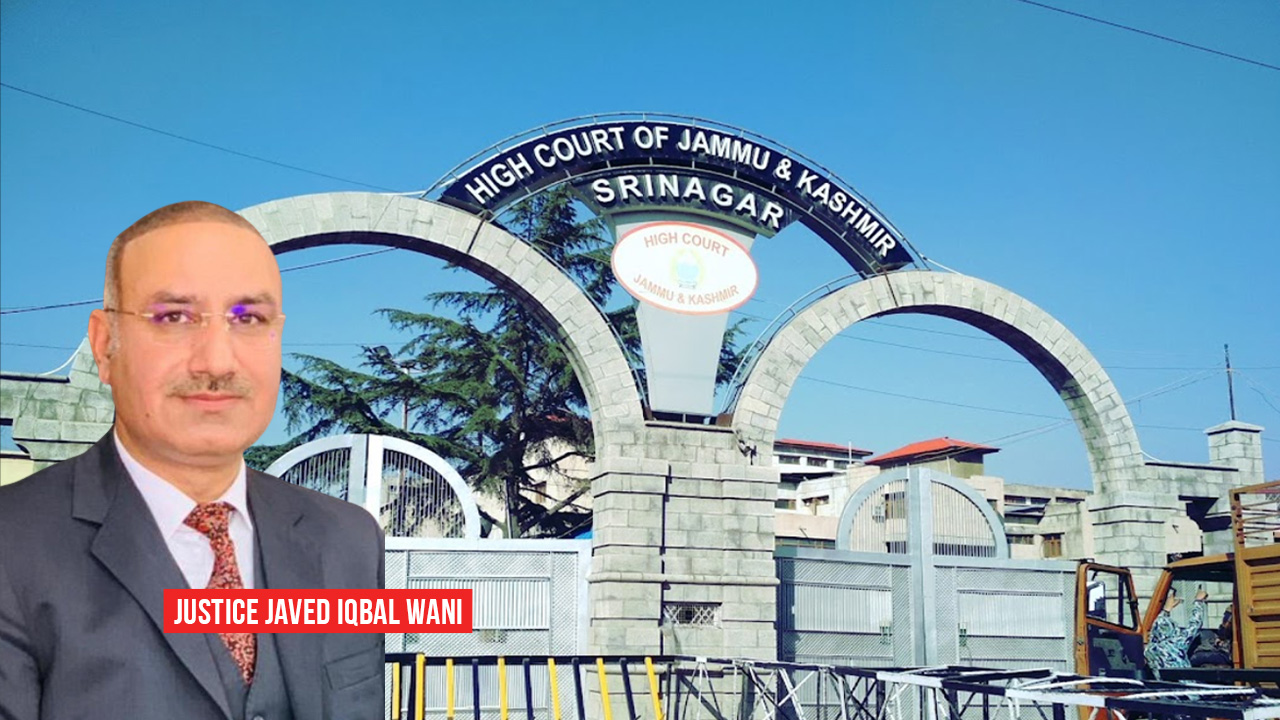
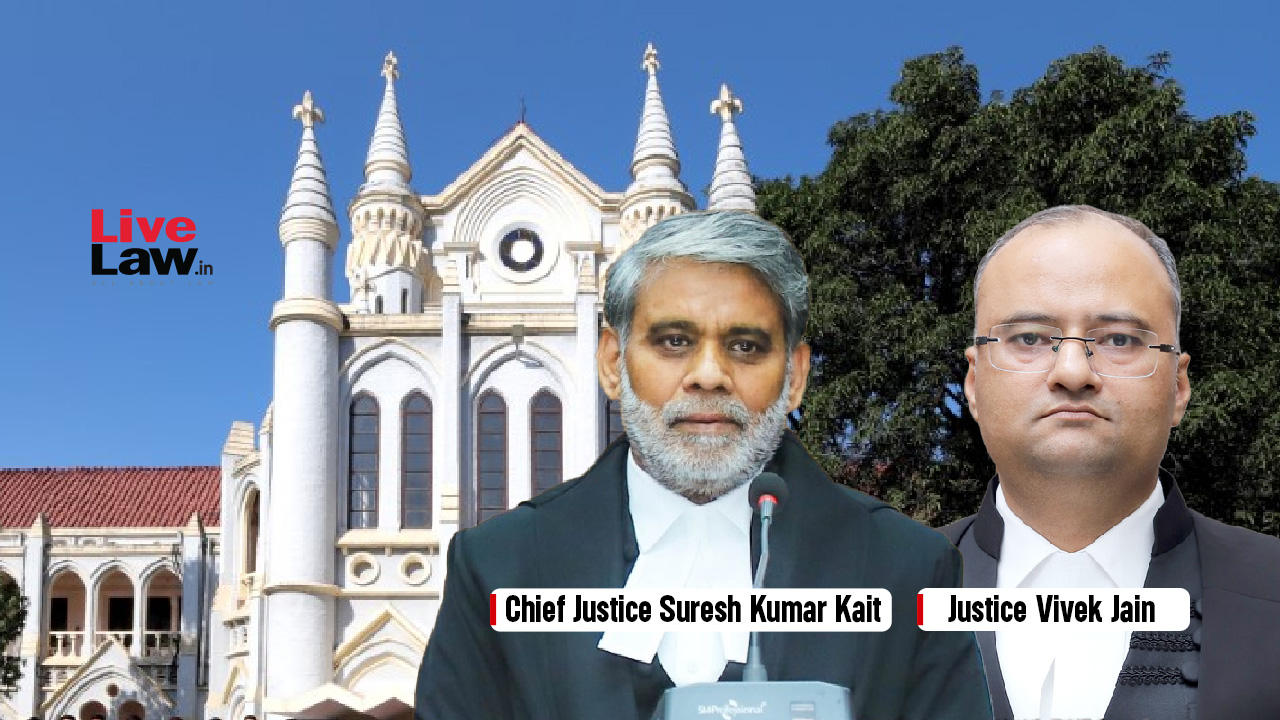





![[POCSO Act] Quashing Of Serious Offence To Efface Evidence Already Recorded Cannot Be Done Even At Instance Of Survivor: Kerala High Court](https://www.livelaw.in/h-upload/2024/04/20/534932-750x450527286-750x450518059-750x450511233-750x450453279-407730-justice-a-badharudeen.jpg)

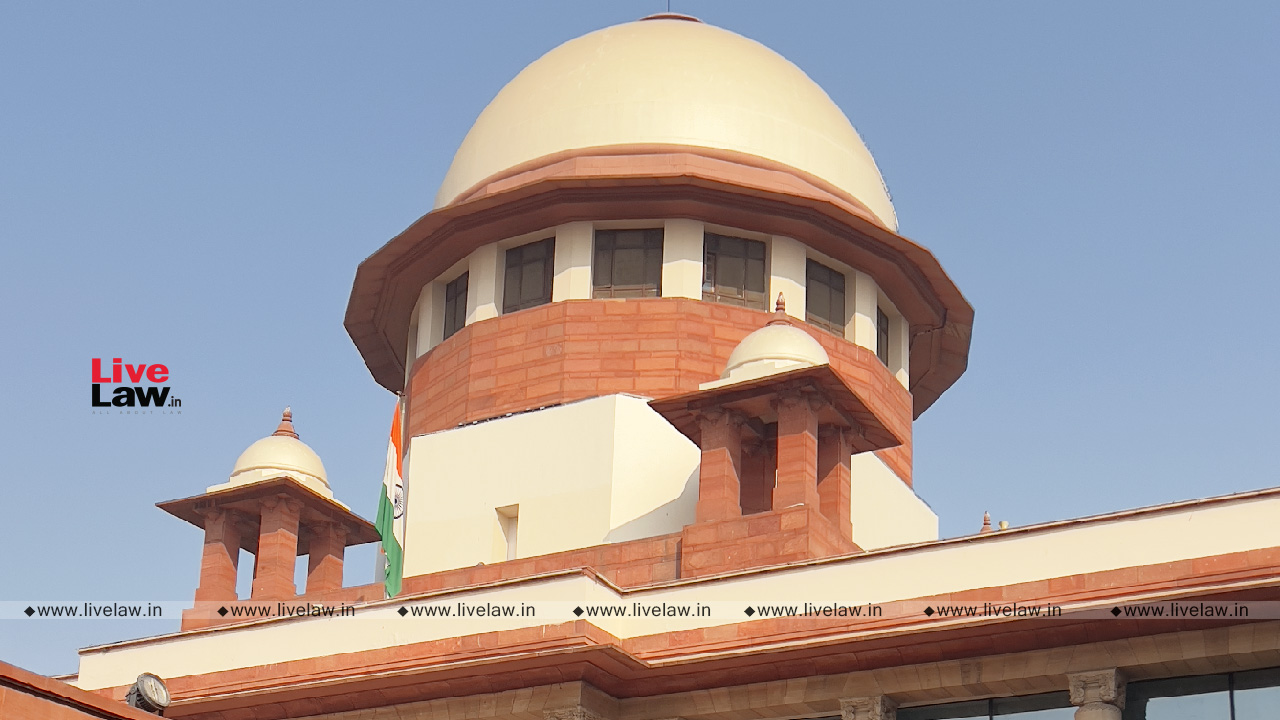



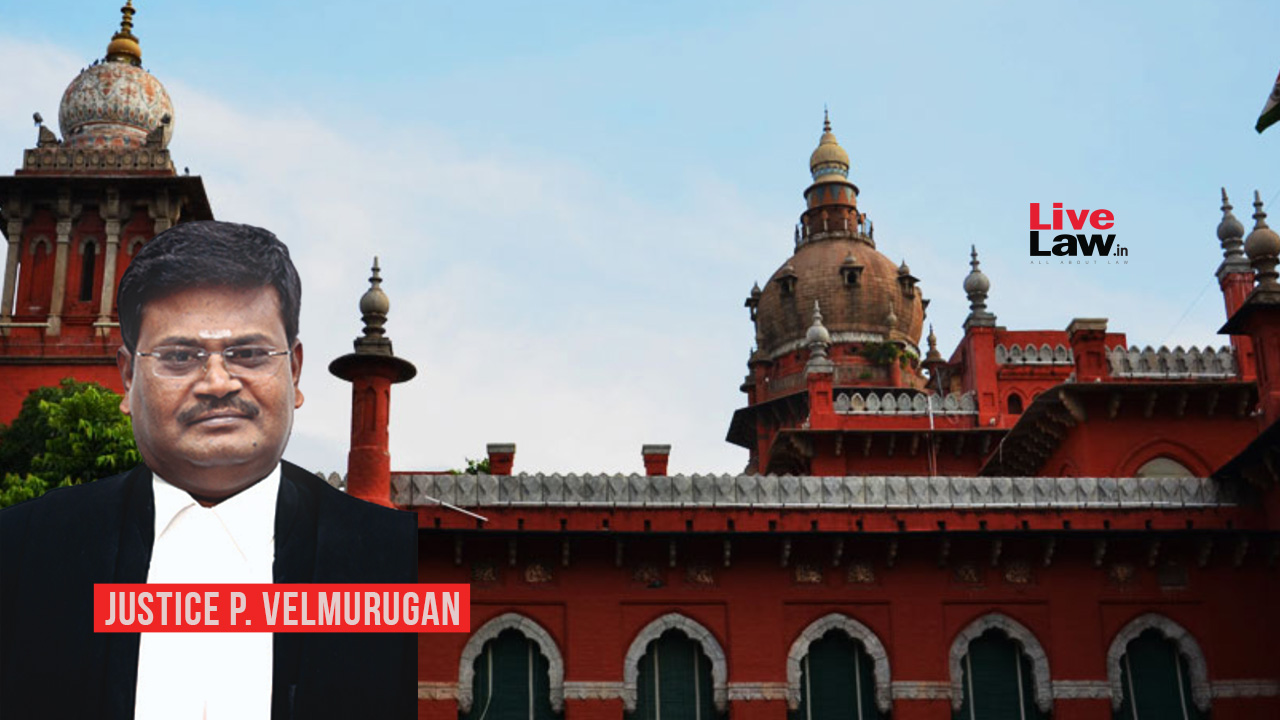


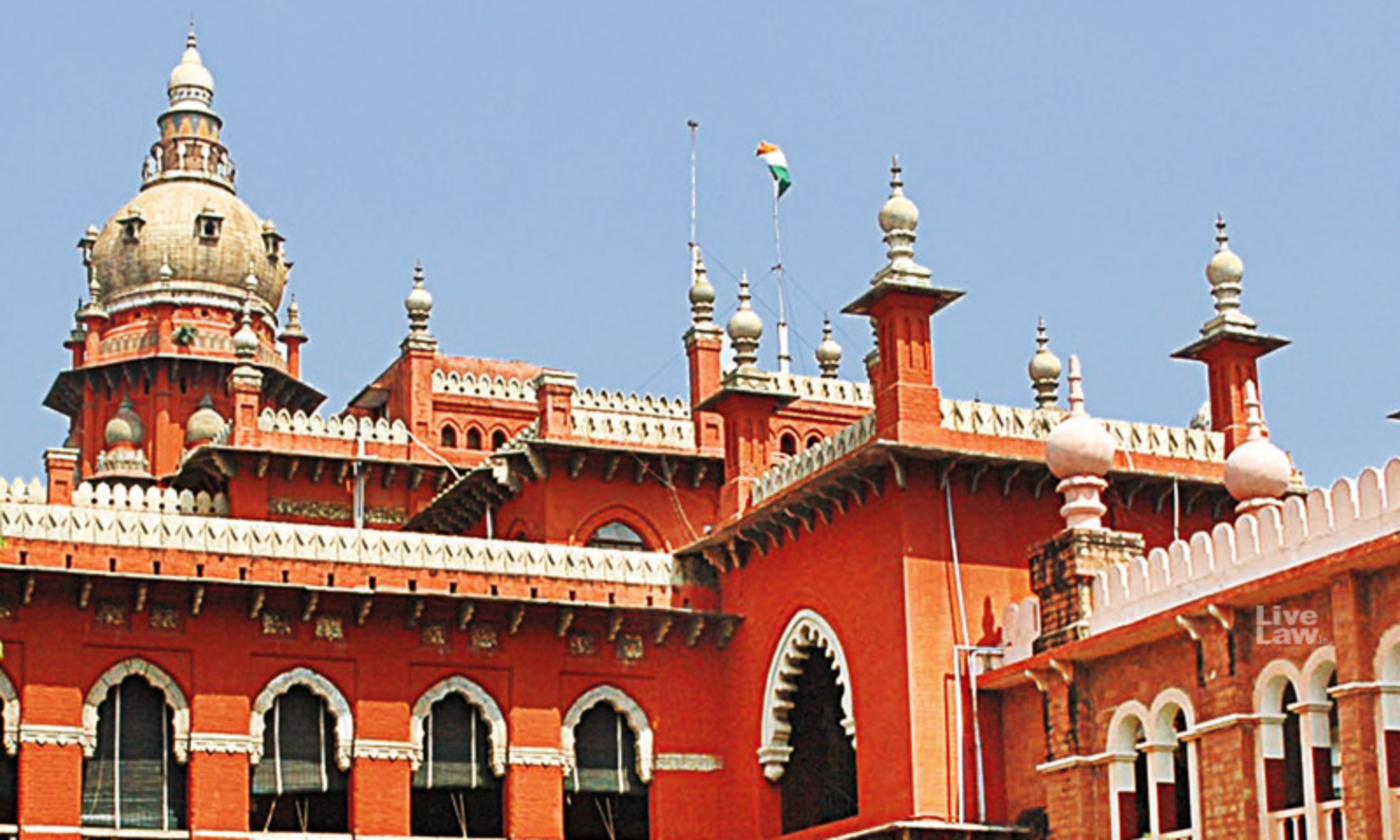
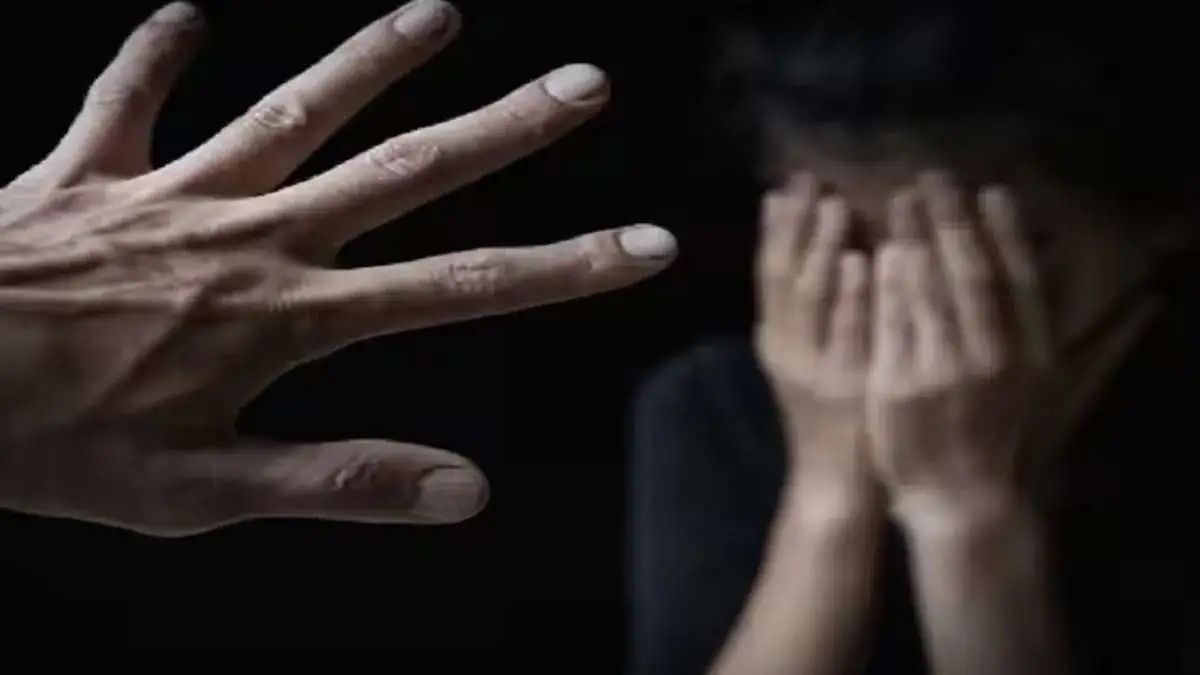


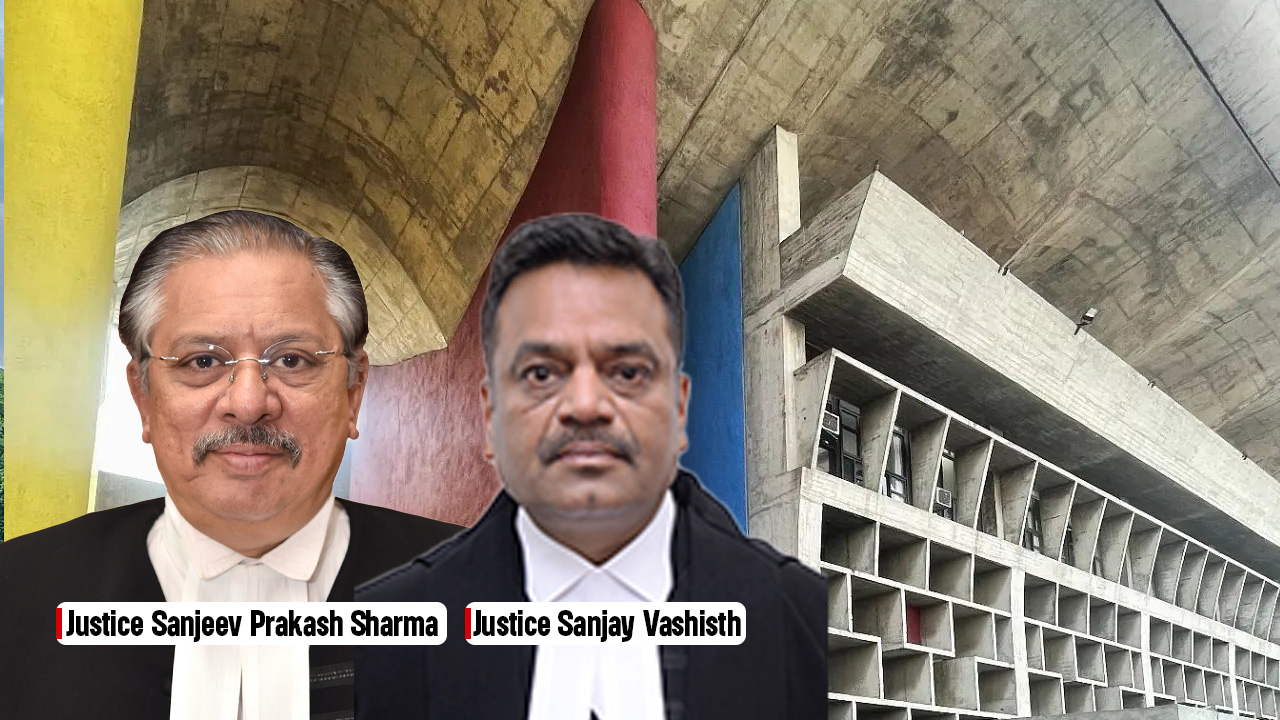


![Supreme Court Quarterly Criminal Digest 2024 [July - September]](https://www.livelaw.in/h-upload/2024/05/27/541718-supreme-court-quarterly-digest-2024-criminal-law.jpg)


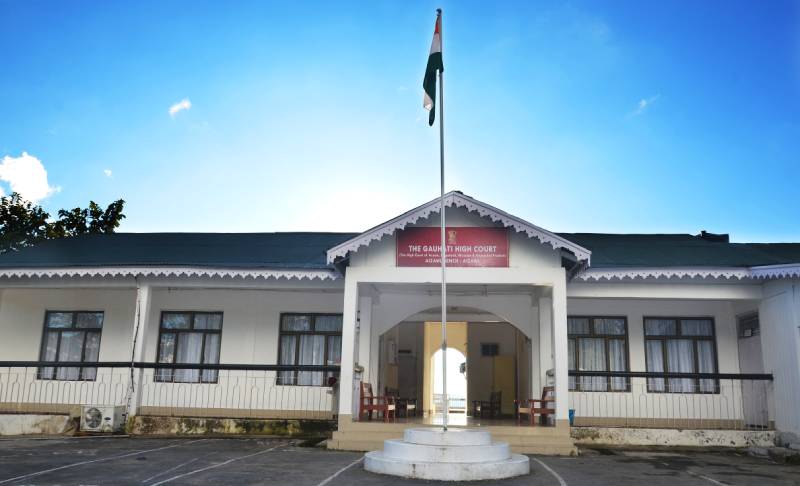

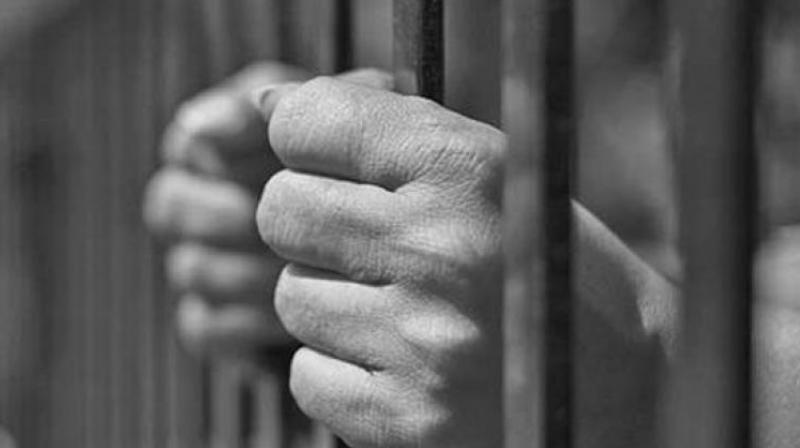

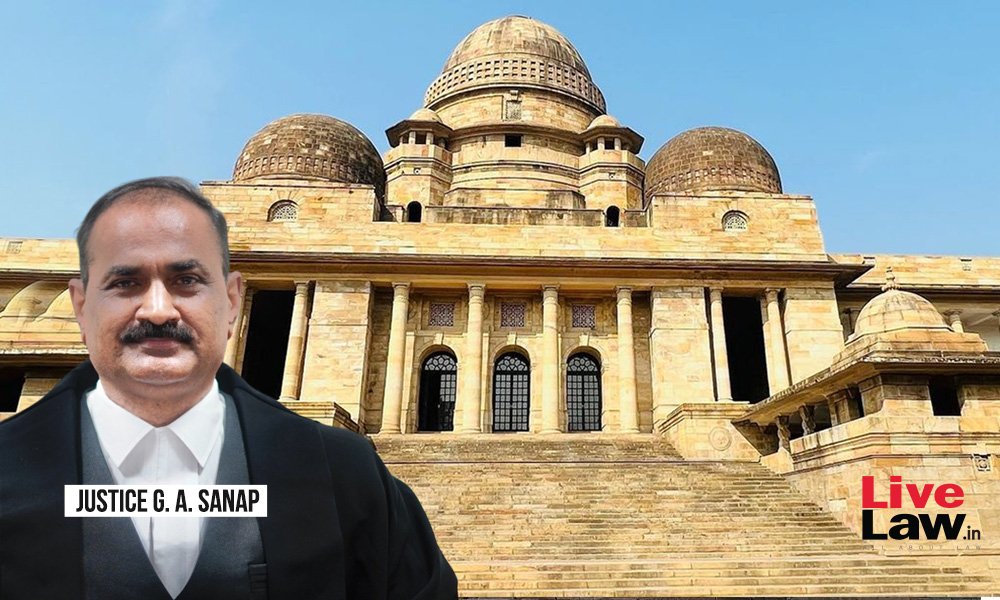
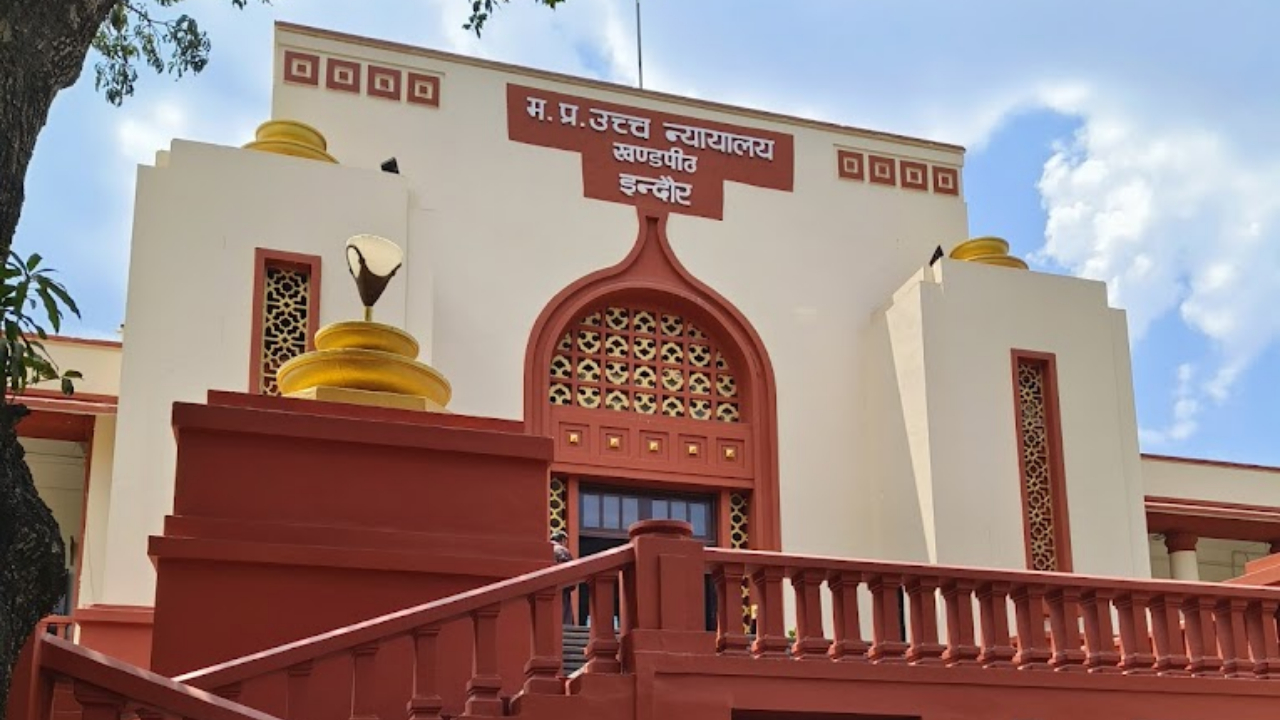


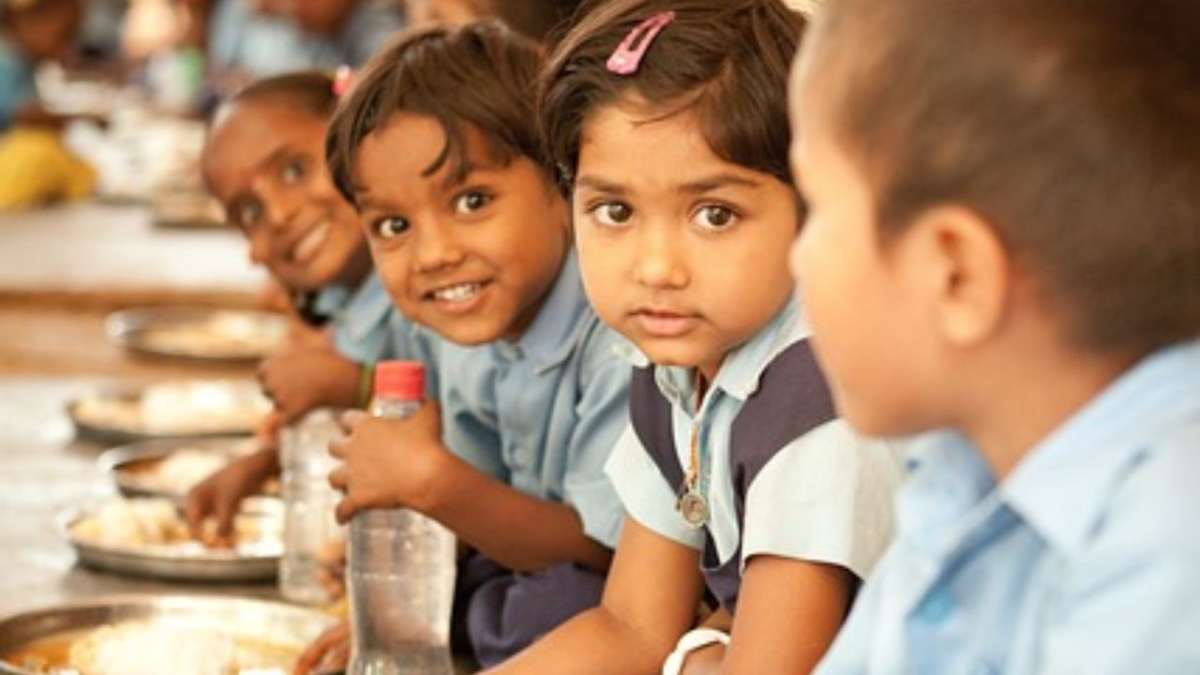
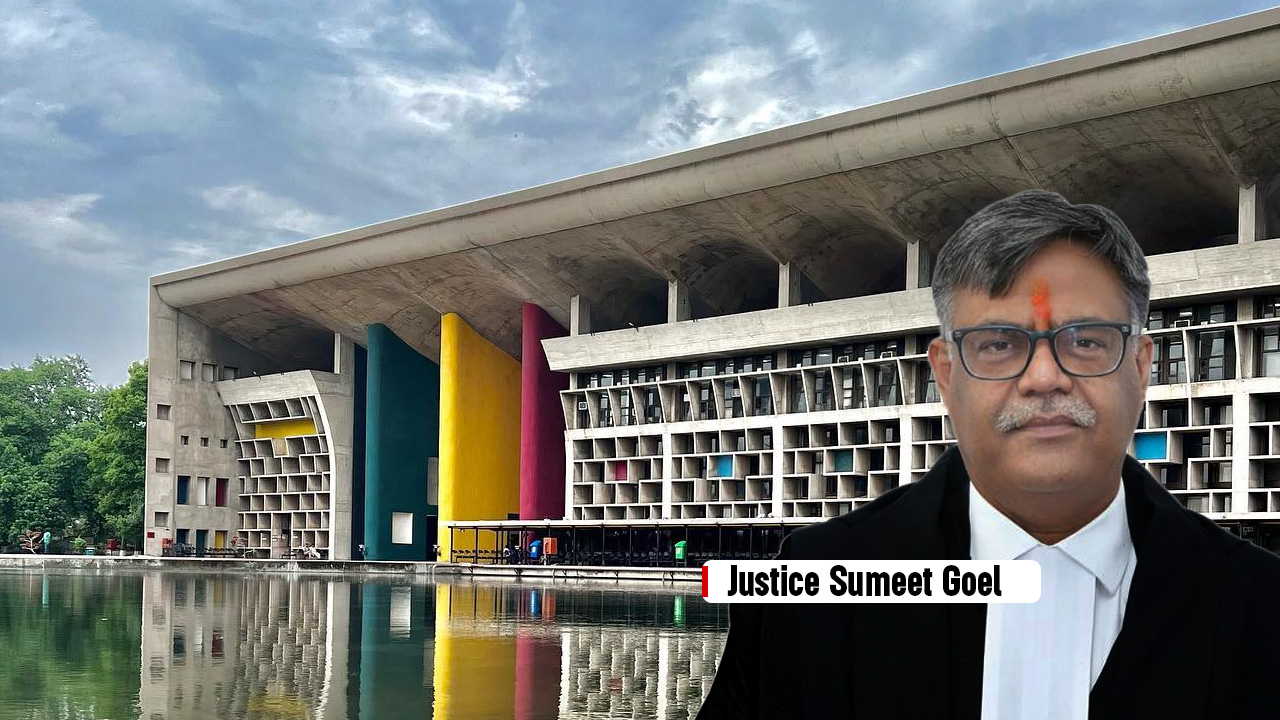
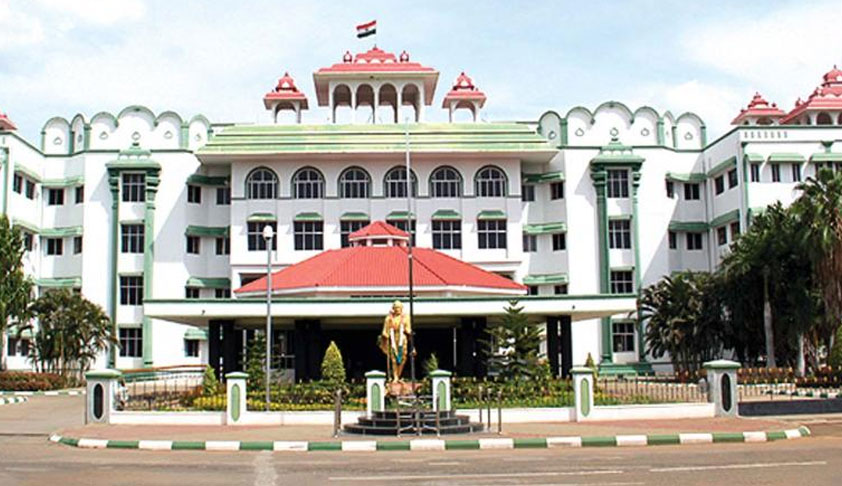

![[Kidnapping] Existing Familial Bond Cannot Be Used To Justify Removing Minor From Legal Guardian's Custody: Calcutta High Court](https://www.livelaw.in/h-upload/2021/09/11/400356-calcutta-high-court.jpg)
![[Kidnapping] Existing Familial Bond Cannot Be Used To Justify Removing Minor From Legal Guardian's Custody: Calcutta High Court](https://www.livelaw.in/h-upload/2021/09/11/400356-calcutta-high-court.jpg)


